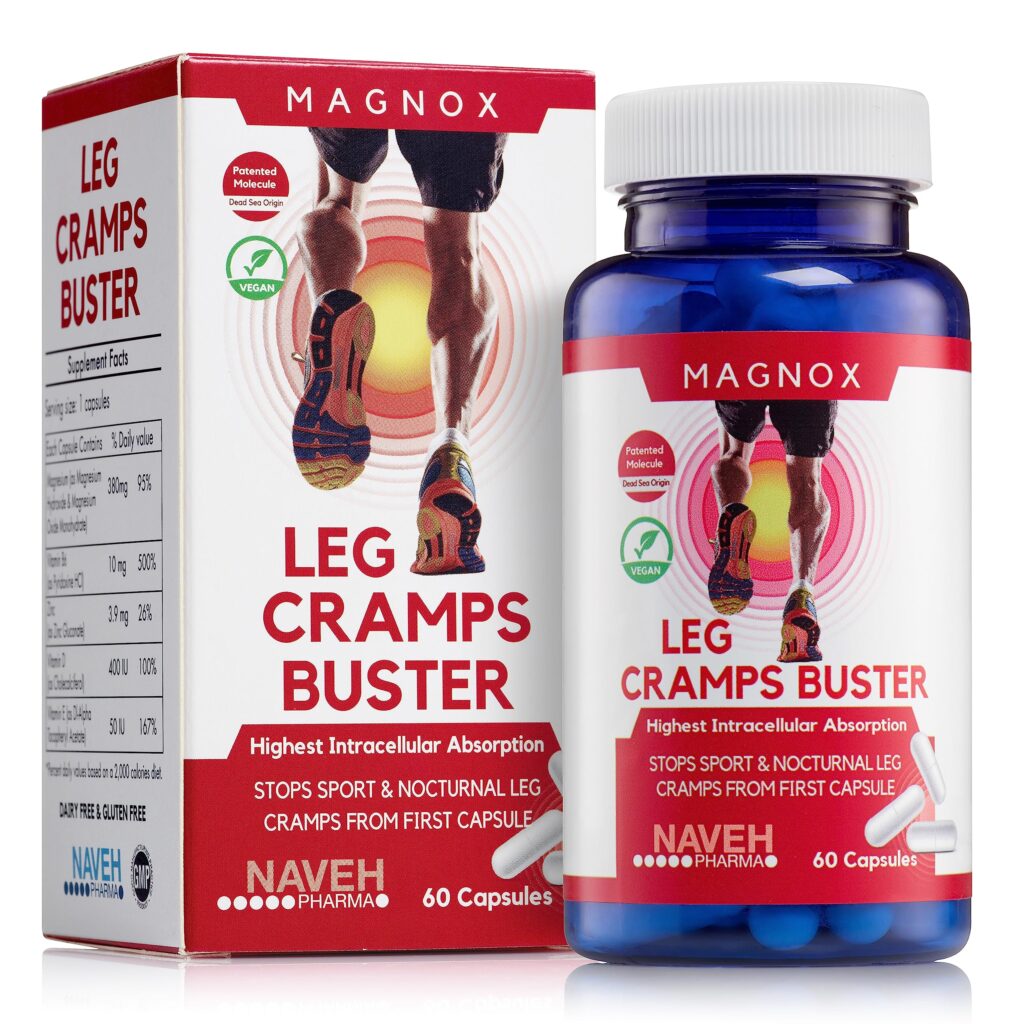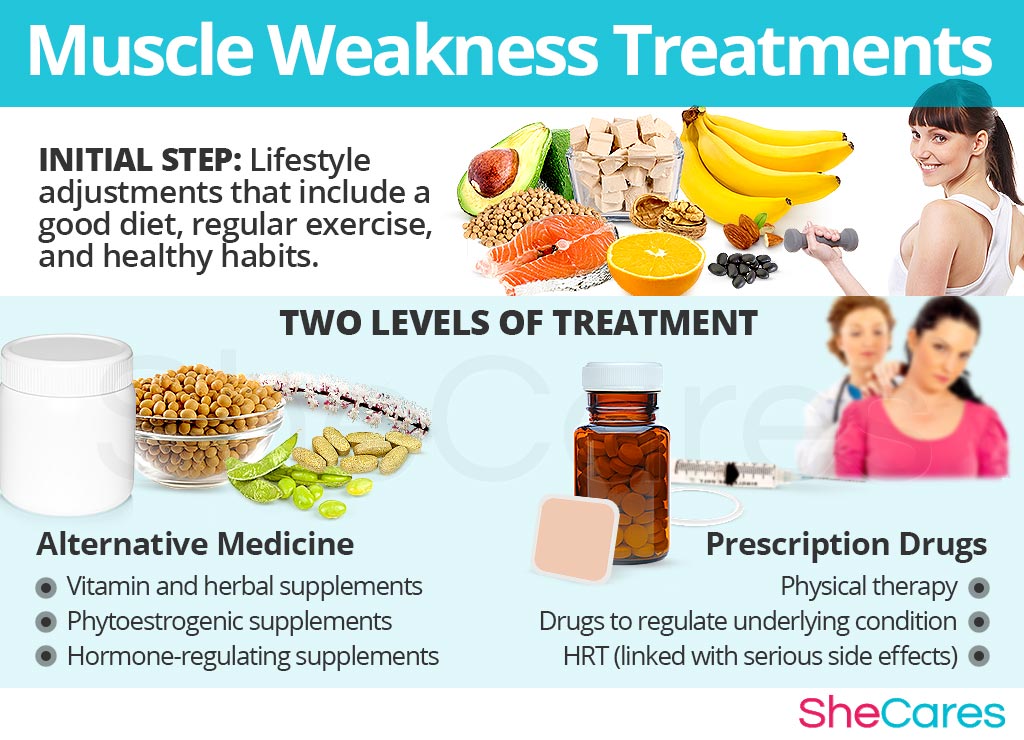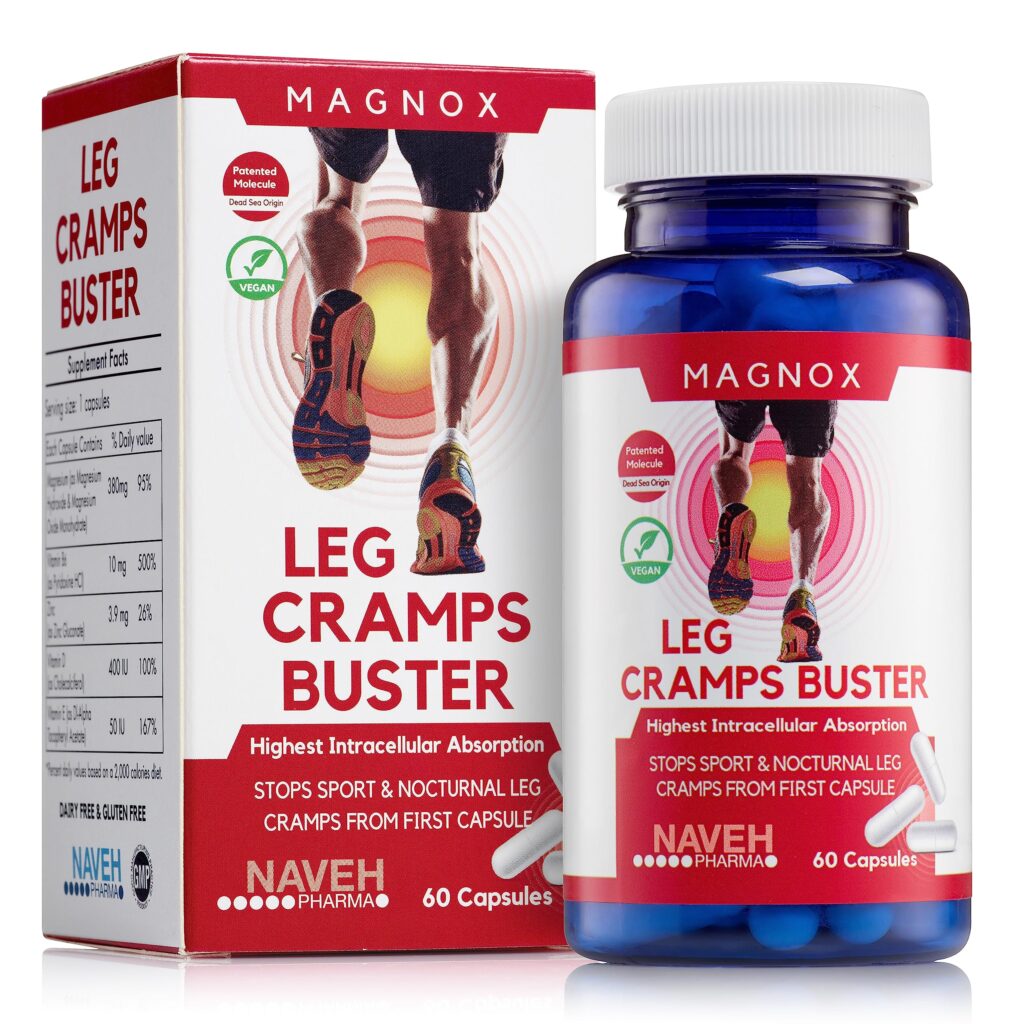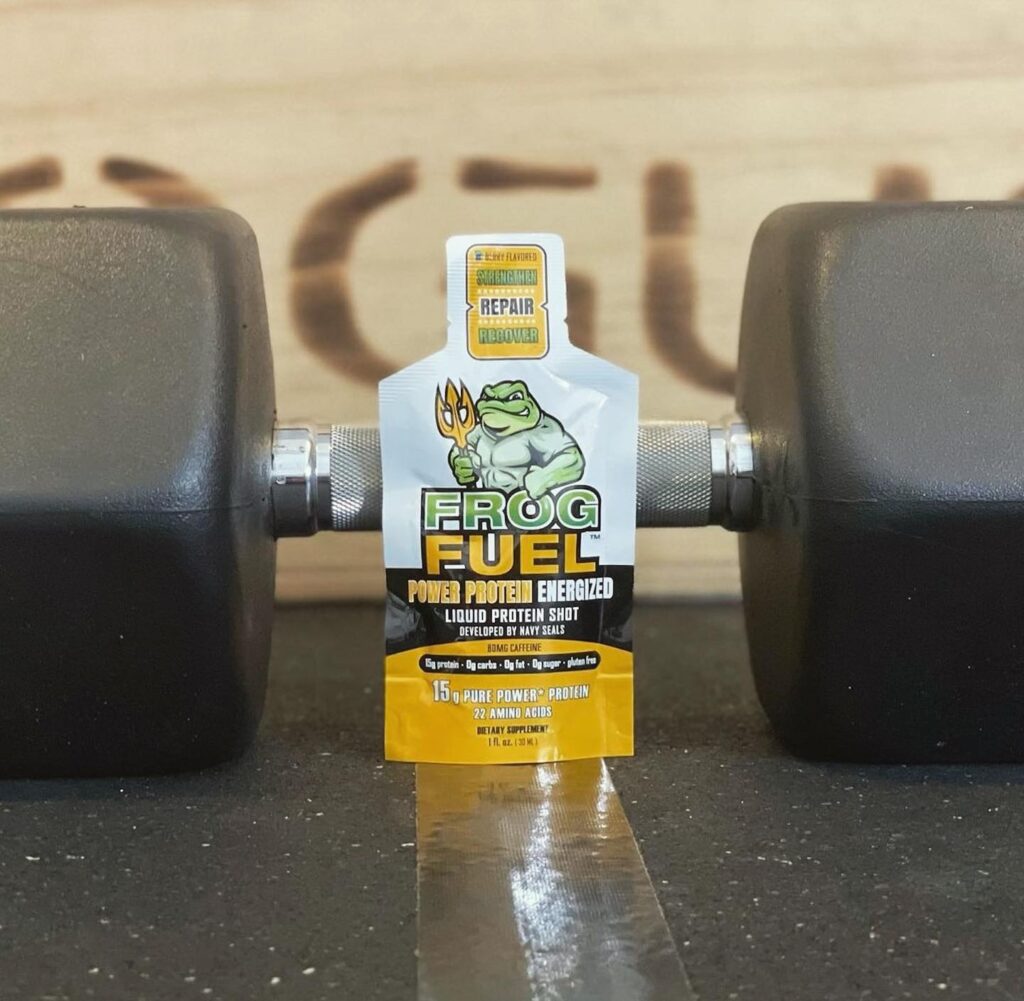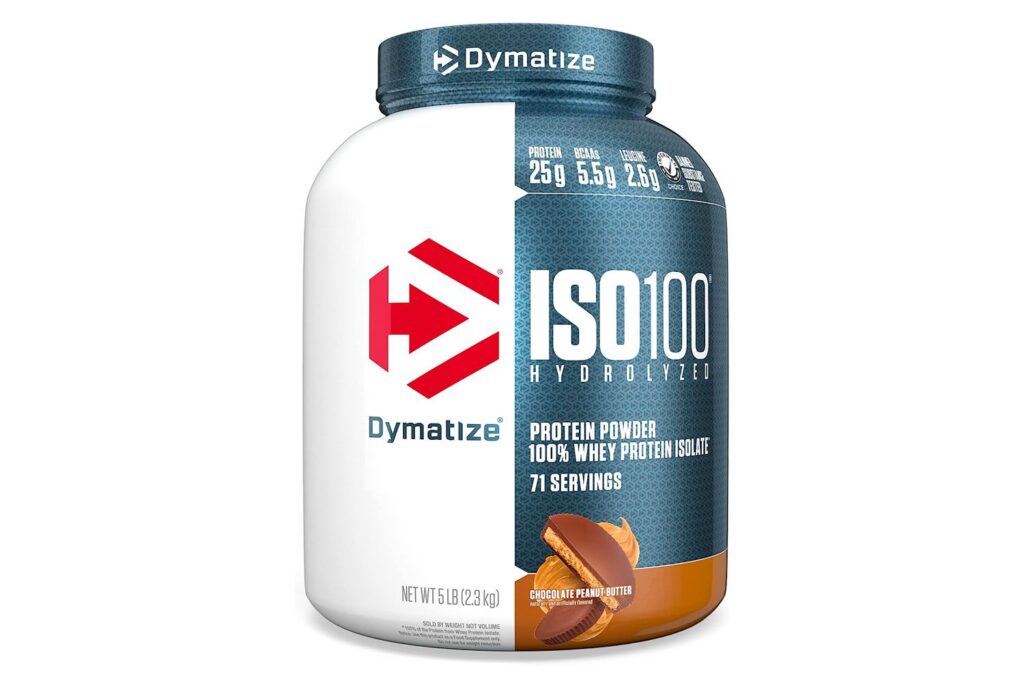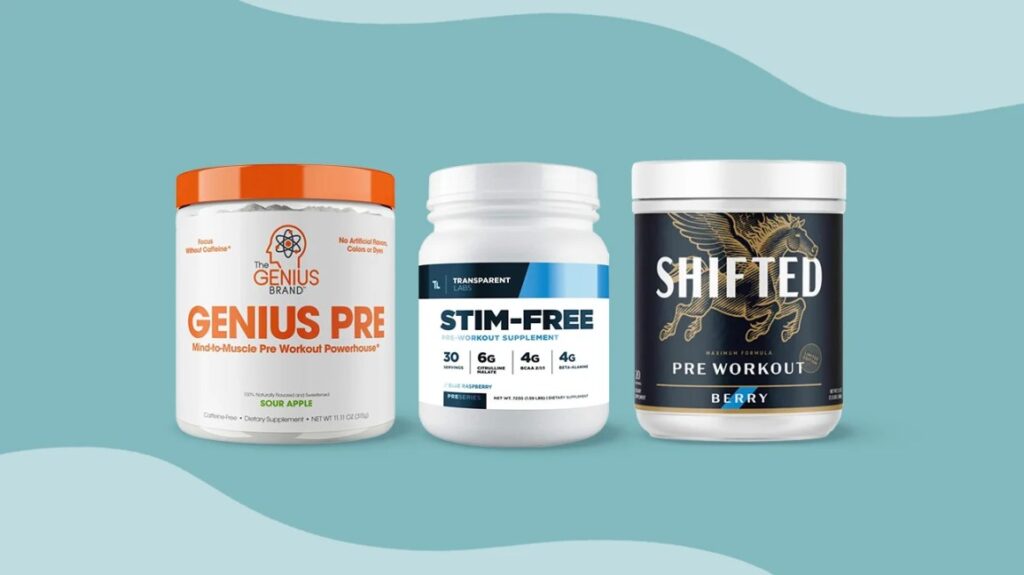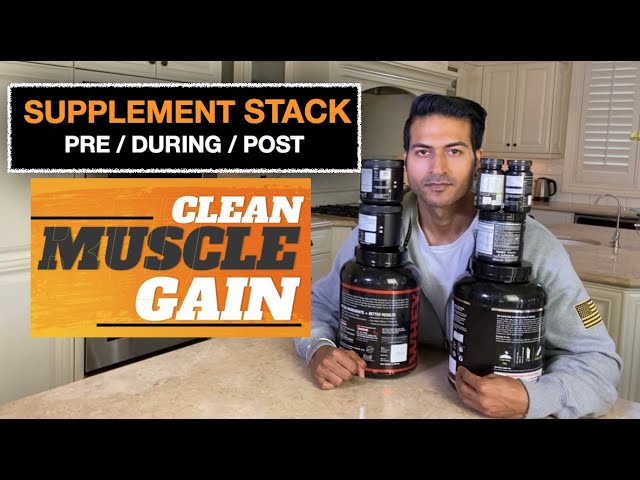Magnesium is the best supplement for muscle cramps. It helps relax muscles and prevent cramps effectively.
Muscle cramps can be painful and disruptive, often occurring without warning. Athletes, older adults, and even those with nutrient deficiencies can experience these sudden muscle contractions. Magnesium plays a crucial role in muscle function, helping to regulate muscle and nerve function.
Its deficiency is a common cause of cramps. Taking a magnesium supplement can help alleviate and prevent these painful episodes. Besides magnesium, staying hydrated and maintaining a balanced diet rich in essential nutrients is important. Consult a healthcare provider before starting any new supplement to ensure it’s safe and appropriate for you.

Credit: www.medicalnewstoday.com
Introduction To Muscle Cramps
Muscle cramps are sudden, involuntary contractions of muscles. They can be painful. Many people experience them at night or during exercise. Understanding the causes and impacts of muscle cramps is vital. This helps in managing and preventing them effectively.
Common Causes Of Muscle Cramps
Muscle cramps have several common causes. These include:
- Dehydration: Lack of water affects muscle function.
- Electrolyte Imbalance: Low levels of minerals like potassium, calcium, and magnesium.
- Overuse: Intense exercise or prolonged physical activity.
- Poor Blood Flow: Sitting or standing in one position for too long.
- Nerve Compression: Issues like spinal cord injuries or pinched nerves.
Impact On Daily Life And Performance
Muscle cramps can impact daily activities and performance. They can:
- Disrupt sleep due to night cramps.
- Limit physical activities and exercise routines.
- Cause discomfort and pain during work or school.
- Affect overall mobility and flexibility.
- Lead to muscle fatigue and weakness.
Managing muscle cramps is crucial for a healthy lifestyle. Stay hydrated, maintain a balanced diet, and stretch regularly. These steps can help reduce the frequency and severity of cramps.
Evaluating Supplements For Cramp Relief
Muscle cramps can disrupt daily activities and exercise routines. Finding the best supplement for muscle cramps can make a significant difference. This section will help you evaluate supplements for cramp relief effectively.
Criteria For Choosing Supplements
Choosing the right supplement involves several key criteria. Here are the essential points:
- Ingredients: Look for ingredients known to relieve cramps like magnesium and potassium.
- Dosage: Ensure the supplement provides an effective dose.
- Form: Supplements come in pills, powders, and liquids. Choose what suits you best.
- Brand Reputation: Opt for brands with positive reviews and strong reputations.
- Certifications: Check for certifications like GMP (Good Manufacturing Practice).
Safety And Side Effects To Consider
Safety is crucial when selecting supplements. Be aware of the following:
- Allergies: Check the label for any allergens.
- Interactions: Some supplements may interact with medications.
- Overdose Risks: Taking too much can cause adverse effects.
- Quality Control: Ensure the supplement is tested for purity and potency.
Here is a quick reference table for evaluating supplements:
| Criteria | Details |
|---|---|
| Ingredients | Magnesium, Potassium |
| Dosage | Effective amounts |
| Form | Pills, Powders, Liquids |
| Brand Reputation | Positive reviews |
| Certifications | GMP |
| Allergies | Check label |
| Interactions | Medication check |
| Overdose Risks | Avoid excessive intake |
| Quality Control | Tested supplements |
Magnesium: A Key Mineral For Muscles
Magnesium plays a crucial role in muscle function. It helps muscles relax and contract. Without enough magnesium, muscles can cramp and spasm. This mineral is vital for athletes and active individuals.
How Magnesium Alleviates Cramps
Magnesium helps regulate muscle contractions. It counteracts calcium, which triggers contractions. This balance prevents muscles from cramping. Magnesium also improves blood flow, reducing muscle pain.
When the body lacks magnesium, muscles can stiffen. This stiffness often leads to painful cramps. Increasing magnesium intake can alleviate these symptoms. Athletes often use magnesium supplements for this reason.
Recommended Forms And Dosages
Magnesium supplements come in various forms. Some popular types include:
- Magnesium citrate: Easily absorbed by the body.
- Magnesium glycinate: Gentle on the stomach.
- Magnesium oxide: Common but less absorbable.
Each form has its benefits. Choose one based on your body’s needs. Consult with a healthcare provider for personalized advice.
The recommended daily dosage for adults:
| Age Group | Recommended Dosage |
|---|---|
| Men (19-30 years) | 400 mg/day |
| Women (19-30 years) | 310 mg/day |
| Men (31+ years) | 420 mg/day |
| Women (31+ years) | 320 mg/day |
Start with the lower end of the dosage range. Gradually increase if needed. Always follow the instructions on supplement labels. This ensures safe and effective use.
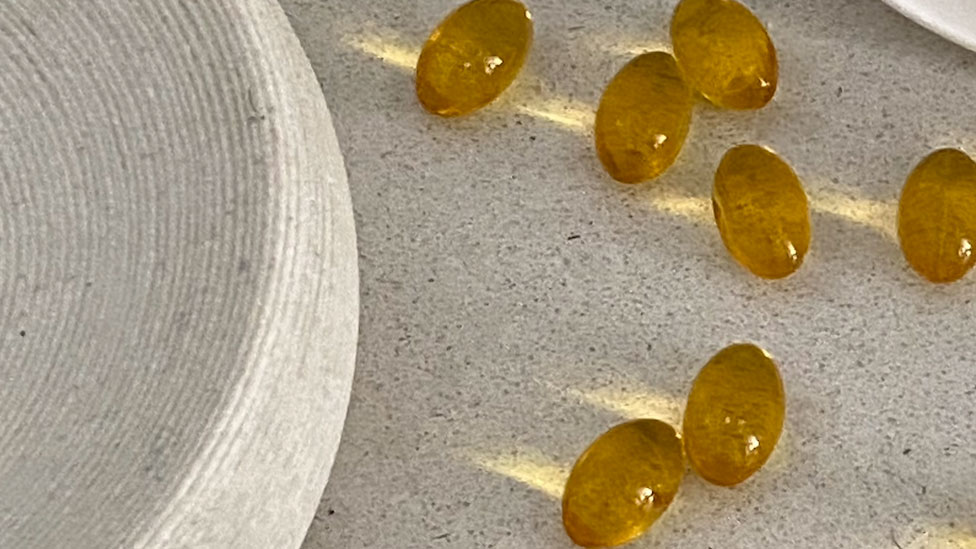
Credit: drwillcole.com
Potassium’s Role In Muscle Function
Potassium is a crucial mineral for muscle function. It helps in muscle contractions and nerve signals. Low potassium levels can cause muscle cramps and weakness. Ensuring adequate potassium intake is key for muscle health.
Understanding Potassium Deficiency
Potassium deficiency, also known as hypokalemia, can lead to serious issues. Symptoms include muscle cramps, fatigue, and irregular heartbeats. Causes of deficiency include poor diet, excessive sweating, and certain medications.
| Symptoms | Causes |
|---|---|
| Muscle cramps | Poor diet |
| Fatigue | Excessive sweating |
| Irregular heartbeats | Certain medications |
Best Sources Of Potassium Supplements
Several potassium supplements can help maintain adequate levels. Here are some of the best sources:
- Potassium gluconate: Easily absorbed and gentle on the stomach.
- Potassium citrate: Helps prevent kidney stones.
- Potassium chloride: Commonly used to treat hypokalemia.
Always consult a healthcare provider before starting supplements. Proper dosage is essential to avoid side effects.
Hydration And Electrolyte Balance
Muscle cramps are often painful and can disrupt your daily activities. One of the best ways to prevent muscle cramps is by maintaining proper hydration and electrolyte balance. Electrolytes are minerals that help your muscles function properly. Ensuring you have enough water and electrolytes can help reduce the occurrence of cramps.
The Link Between Dehydration And Cramps
Dehydration is a common cause of muscle cramps. When your body lacks water, it can’t function correctly. Muscles need water to work well. Without enough water, muscles can cramp and cause pain.
Symptoms of dehydration include:
- Dry mouth
- Dark urine
- Fatigue
- Muscle cramps
Keeping hydrated is essential for muscle health. Drink water regularly to prevent cramps. Remember, thirst can be a late sign of dehydration. Don’t wait until you’re thirsty to drink water.
Electrolyte Supplements For Hydration
Electrolytes like sodium, potassium, and magnesium help keep muscles healthy. They balance fluids in your body and prevent muscle cramps. Here are some common electrolyte supplements:
| Electrolyte | Function | Sources |
|---|---|---|
| Sodium | Maintains fluid balance | Salt, sports drinks |
| Potassium | Regulates muscle function | Bananas, potatoes |
| Magnesium | Helps muscle relaxation | Nuts, seeds |
Taking electrolyte supplements can help if you’re active or sweat a lot. They can replace lost minerals and keep your muscles working well.
Here are some tips for using electrolyte supplements:
- Choose a supplement with multiple electrolytes.
- Follow the dosage instructions.
- Consult with a doctor if you have health issues.
Maintaining proper hydration and electrolyte balance can help prevent muscle cramps. Stay hydrated and consider electrolyte supplements to support muscle health.
Vitamin D And Muscle Health
Muscle cramps can be very painful. One of the best supplements to help is Vitamin D. It plays a key role in muscle health. Let’s explore how Vitamin D influences muscles and how to combine it with other nutrients for optimal results.
Vitamin D’s Influence On Muscles
Vitamin D is essential for muscle function. It helps muscles absorb calcium. Calcium is crucial for muscle contraction. Without enough Vitamin D, muscles may cramp more often. Studies show that people with low Vitamin D levels experience more muscle pain.
Vitamin D also supports muscle strength. It helps muscle fibers grow and repair. Stronger muscles are less likely to cramp. Ensuring enough Vitamin D can reduce the frequency of cramps. This makes it a vital nutrient for muscle health.
Combining Vitamin D With Other Nutrients
For the best results, combine Vitamin D with other nutrients. Magnesium is one such nutrient. It helps Vitamin D work better. Magnesium also helps muscles relax. This reduces the chance of cramps.
Another important nutrient is calcium. Vitamin D helps the body absorb calcium. Together, they support muscle function. Ensuring a balance of these nutrients is key.
Consider taking a supplement that includes all three: Vitamin D, Magnesium, and Calcium. This combination provides comprehensive support for muscle health. It can help prevent painful cramps and improve overall muscle function.
| Nutrient | Function |
|---|---|
| Vitamin D | Supports muscle function and calcium absorption |
| Magnesium | Helps muscles relax and enhances Vitamin D |
| Calcium | Essential for muscle contraction |
Herbal Remedies And Natural Extracts
Muscle cramps can be very painful. Using herbal remedies and natural extracts can help. These solutions are safe and effective.
Herbs Known For Relieving Cramps
Many herbs can help ease muscle cramps. Here are some of the best:
- Chamomile: Chamomile can relax muscles and reduce pain.
- Ginger: Ginger has anti-inflammatory properties. It helps with muscle pain.
- Turmeric: Turmeric contains curcumin, which reduces inflammation and pain.
- Valerian Root: Valerian root can relax muscles and reduce cramps.
- Peppermint: Peppermint helps soothe muscle aches and pains.
Effectiveness Of Natural Extracts
Natural extracts can also be very effective. Here are some examples:
| Natural Extract | Benefits |
|---|---|
| Magnesium Oil | Topical magnesium oil can relax muscles and reduce cramps. |
| Arnica | Arnica is used to reduce muscle pain and inflammation. |
| CBD Oil | CBD oil can help reduce muscle pain and spasms. |
| Essential Oils | Oils like lavender and eucalyptus can soothe muscle pain. |
Using these herbal remedies and natural extracts can provide relief. They are natural and safe options for muscle cramps.
Topical Solutions For Immediate Relief
Muscle cramps can strike at any moment. Topical solutions provide immediate relief. These treatments work quickly, so you can get back to your day. Let’s explore the best topical options available.
Advantages Of Topical Magnesium
Topical magnesium is popular for muscle cramp relief. It absorbs directly through the skin, targeting the affected area quickly.
Benefits of topical magnesium:
- Quick absorption
- Targets specific areas
- Non-invasive application
Magnesium is essential for muscle function. A deficiency can cause cramps. Topical magnesium helps replenish these levels fast.
Other Creams And Ointments
Other creams and ointments can also help with muscle cramps. These products may contain ingredients like menthol, camphor, or arnica.
Popular ingredients:
| Ingredient | Benefits |
|---|---|
| Menthol | Cooling effect, numbs pain |
| Camphor | Reduces swelling, relieves pain |
| Arnica | Anti-inflammatory, speeds healing |
These ingredients provide different types of relief. You can choose one based on your needs.
Consider these factors:
- Severity of the cramp
- Personal preference
- Any skin sensitivities
Topical solutions offer convenient, targeted relief. They can be a great addition to your muscle cramp treatment plan.
Diet And Lifestyle Adjustments
Muscle cramps can disrupt your daily life. Making simple diet and lifestyle adjustments can help prevent them. Here, we explore foods and exercises to keep cramps at bay.
Foods To Prevent Muscle Cramps
Eating the right foods can reduce muscle cramps. Here are some essentials:
| Food | Benefits |
|---|---|
| Bananas | Rich in potassium, which helps muscle function. |
| Spinach | Contains magnesium, essential for muscle relaxation. |
| Almonds | High in magnesium and healthy fats. |
| Sweet Potatoes | Loaded with potassium and calcium. |
| Avocados | Full of potassium and healthy fats. |
Including these foods in your diet can make a big difference.
Exercises And Stretches To Reduce Cramp Risk
Regular exercises and stretches help prevent cramps. Here are some tips:
- Warm-Up: Always warm up before exercising to prepare your muscles.
- Hydration: Drink plenty of water to keep muscles hydrated.
- Stretching: Stretch your muscles daily to maintain flexibility.
Here are some specific stretches:
- Calf Stretch: Stand on a step, lower your heels, and hold for 15 seconds.
- Hamstring Stretch: Sit on the floor, extend one leg, and reach for your toes.
- Quadriceps Stretch: Stand on one leg, pull the other foot to your buttock, and hold.
These exercises and stretches can help keep muscle cramps away.
Consumer Reviews And Experiences
Understanding what others think about a product can be very helpful. Especially when choosing the best supplement for muscle cramps. Consumer reviews give real insights into effectiveness and side effects. This section explores testimonials on supplement efficacy and teaches how to interpret user reviews.
Testimonials On Supplement Efficacy
People share their stories about using supplements for muscle cramps. These testimonials are valuable. They can guide your choice. Here are some real experiences from users:
| User | Supplement | Experience |
|---|---|---|
| John | Magnesium | John found magnesium reduced his muscle cramps. He felt relief within a week. |
| Emily | Potassium | Emily took potassium and noticed fewer cramps during workouts. |
| Mike | Calcium | Mike experienced a significant decrease in night cramps with calcium. |
How To Interpret User Reviews
Reading reviews can be tricky. Here are tips to make it easier:
- Look for patterns. If many people say a supplement works, it likely does.
- Check for side effects. See if users mention any negative reactions.
- Consider the source. Trusted websites and verified buyers are more reliable.
- Focus on detailed reviews. They often provide the most useful information.
By following these tips, you can make a better decision. User reviews are powerful tools. Use them wisely to find the best supplement for muscle cramps.
Conclusion And Final Recommendations
Muscle cramps can be a pain. Finding the right supplement helps a lot. Here, we summarize the best options and personalize your approach.
Summarizing The Best Supplements
| Supplement | Benefits | Recommended Dosage |
|---|---|---|
| Magnesium | Relieves muscle tension | 400-420 mg/day |
| Potassium | Prevents muscle cramps | 2,500-3,000 mg/day |
| Calcium | Supports muscle function | 1,000-1,200 mg/day |
| Vitamin D | Promotes calcium absorption | 600-800 IU/day |
Personalizing Your Approach To Cramp Relief
Everyone is different. Your body may need a unique approach. Here are some tips to find what works best for you:
- Identify Deficiencies: Get a blood test. Know which minerals you lack.
- Consult a Doctor: Talk to a healthcare professional. Get personalized advice.
- Start Small: Introduce one supplement at a time. Monitor the effects.
- Stay Hydrated: Drink plenty of water. Dehydration worsens cramps.
- Maintain a Balanced Diet: Eat a variety of foods. Ensure you get essential nutrients.
Remember, consistency is key. Stick to your routine for the best results. Muscle cramps can be managed with the right supplements and habits.

Credit: www.chiroeco.com
Frequently Asked Questions
What’s The Best Supplement To Take For Muscle Cramps?
Magnesium is often the best supplement for muscle cramps. It helps relax muscles and supports overall muscle function. Always consult a doctor before starting any supplement.
What Is Your Body Lacking When You Have Muscle Cramps?
Muscle cramps often indicate a deficiency in electrolytes, such as potassium, calcium, or magnesium. Ensure proper hydration.
What’s Better For Leg Cramps, Potassium Or Magnesium?
Magnesium is often better for leg cramps. It helps relax muscles and reduce cramping. Potassium also supports muscle function but primarily prevents cramps caused by electrolyte imbalances.
What Can I Take For Constant Muscle Cramps?
For constant muscle cramps, try magnesium supplements, stay hydrated, stretch regularly, and consider potassium-rich foods like bananas. Consult your doctor for persistent issues.
What Causes Muscle Cramps?
Muscle cramps are often caused by dehydration, electrolyte imbalances, or overuse.
Which Supplement Helps With Muscle Cramps?
Magnesium is commonly recommended for alleviating muscle cramps.
How Does Magnesium Help Muscle Cramps?
Magnesium relaxes muscles and helps prevent cramps by balancing electrolytes.
Can Potassium Reduce Muscle Cramps?
Yes, potassium can help reduce muscle cramps by maintaining proper muscle function.
Is Calcium Effective For Muscle Cramps?
Calcium supports muscle contractions and may help prevent cramps.
How Much Magnesium Should I Take?
Consult with a healthcare professional, but 200-400 mg of magnesium is commonly recommended.
Conclusion
Choosing the right supplement can significantly reduce muscle cramps. Remember to consult your healthcare provider before starting any new regimen. Stay hydrated, maintain a balanced diet, and consider magnesium or potassium supplements. Your journey to a cramp-free life starts with informed decisions and healthy choices.
Keep your muscles happy and healthy.

